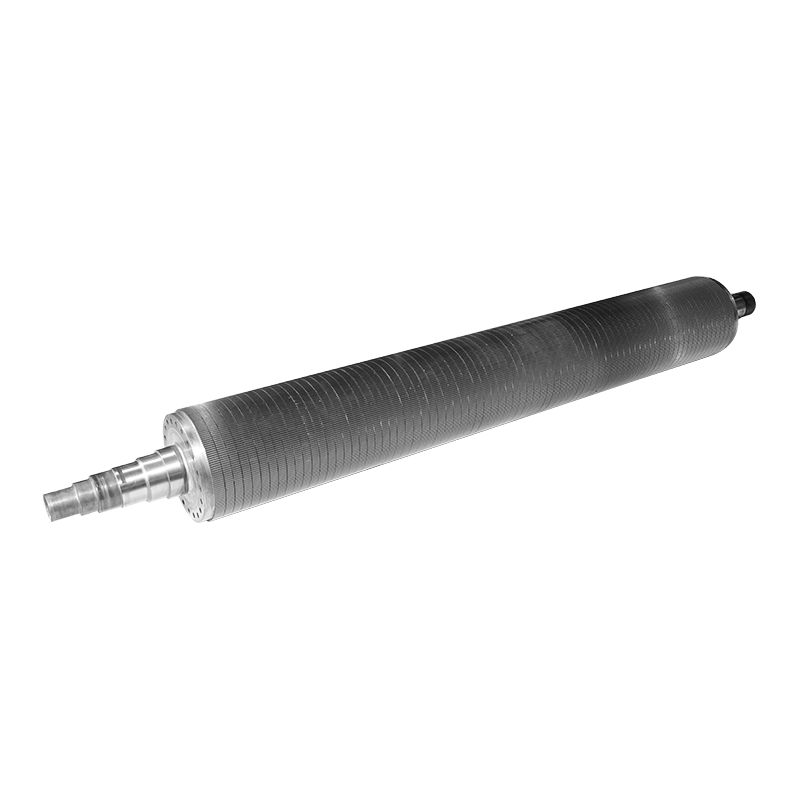
When producing high-quality corrugated rollers, the choice of raw materials plays a major role in performance, durability, and precision. Corrugated roller manufacturers carefully select specific metals and coatings to ensure that their rollers meet the demands of high-speed corrugating machines and continuous industrial use. Understanding the materials commonly used by a corrugated roller manufacturer can provide insight into the manufacturing process and what makes these rollers effective in packaging and paperboard production.
The commonly used base material by a corrugated roller manufacturer is 48CrMo alloy steel. This alloy offers a good balance of toughness, wear resistance, and hardness, which are essential qualities for rollers exposed to continuous pressure and friction. The durability of 48CrMo makes it a frequent choice for the roller body, particularly for corrugating and pressure rollers that are subjected to intense mechanical stress during operation. After shaping the roller, the surface is often treated to improve its performance further.
Another material often used by corrugated roller manufacturers is tungsten carbide. This extremely hard compound is typically applied as a coating rather than used as the main roller material. Tungsten carbide coatings provide high wear resistance and allow the rollers to maintain their corrugating precision over extended production cycles.
Some corrugated roller manufacturers also use chrome plating as a surface treatment. Chrome offers a smooth, corrosion-resistant surface that helps reduce friction between the roller and the paperboard. It also supports easier cleaning and longer service life. Although not as hard as tungsten carbide, chrome-plated rollers are commonly found in operations where moderate wear resistance is sufficient. Manufacturers may choose this option for cost-sensitive applications or for machines that run at lower speeds.
Tool steel is another material sometimes used by corrugated roller manufacturers, particularly for specific roller components. Tool steels are known for their hardness and ability to maintain sharp edges, which is important in certain forming sections of the roller. The steel can be heat-treated to achieve the desired level of strength and performance. While not as widely used as alloy steel or coated materials, tool steel has a place in custom or high-strength applications.
The decision of which material to use depends on the customer’s production requirements, including the type of paperboard being processed, the machine speed, the operating temperature, and the desired maintenance interval. A reputable corrugated roller manufacturer will usually offer several material and treatment options to meet various industrial needs. Material selection is typically paired with precise machining and grinding processes to ensure the rollers meet exact tolerances.
Some manufacturers also explore ceramic coatings, which offer a unique combination of heat resistance and low friction. Although not as common, ceramic-coated rollers may be used in niche applications where high temperatures or chemical exposure are concerns. These coatings are applied in thin layers and require specialized equipment to bond effectively to the roller surface.
A corrugated roller manufacturer may work with materials such as 48CrMo alloy steel, tungsten carbide coatings, chrome plating, tool steel, and even ceramic layers. Each material serves a specific function and supports the roller’s performance under different conditions. The choice depends on durability, production volume, maintenance preferences, and overall system requirements. Understanding these material options helps buyers select the right rollers for efficient and long-lasting operation.

 English
English  Español
Español  Português
Português  عربى
عربى 




